Is Being Blunt a Bad Thing?
Kumusta Tita,
AITA? Very recently my friend broke up with her boyfriend of 5 years. Two months later she started dating another guy that I wasn’t enthusiastic about because she clearly wasn’t over her last relationship.
A few months have passed, and now they want to move in together. During this time they are fighting A LOT, and I get texts saying that they are close to breaking up. While I’m trying to help her through it, I may have said something along the lines of, “This doesn’t sound like a healthy way to decide if you should move in with someone.” Translation: I told you so.
We talked about me being blunt, and she mentioned how good friends should be honest and not hide things from each other. Now, she’s ignoring all my messages and leaving me on read.
Am I the asshole? Do I deserve to be ignored?
Sincerely,
Speaking Frankly
Hey Frank,
Oh, this is a tough one. And I’ve been in this situation more times than I’ve been kicked out of the bars.
Being someone who prides themselves on being right all the time, I can tell you that being on top can get lonely even if the reward is self-righteousness. It’s a kind of egotistic masturbation if you will. Life has equipped you with enough experiences to pass on that wisdom, yet others are not as willing to listen to those hard-to-swallow pills. That’s on them.
I am single. Surprise, surprise. Whatever, I choose to be single. But somehow, I’m the relationship expert in my circle of friends. I am the one who people come to for relationship advice. I guess it’s the nature of my work as a sex educator that I am also a relationship expert. So I feel as if I have a duty to my friends who come to me seeking sage wisdom.
I try to dole out some pretty helpful and practical advice that I speak from experience, yet when my friends ask for it, rarely do they ever listen. So then they come to me with the exact same problem because they didn’t follow my advice. Do I repeat the same advice in the hopes that they will listen this time around? Or do I rub their wrongness in their face like an unsolicited dick pic?
Both seem like such good options so let’s explore.
Something I learned in therapy — yes, I go to therapy. Surprisingly. — is that a good care provider doesn’t turn down a patient no matter how many times they keep coming with an illness. I keep going to therapy and tell my therapist what sounds like the same problem as we discussed in the last session, but he still listens to me. People need to be given the chance to get better no matter how long it takes.
The second option, no matter how tempting it may sound, doesn’t sound too savory if it’s done to us. However, I have learned some pretty tough lessons this way. I think it’s because I hated the embarrassed feeling associated with “I told you so” that I never want to feel that way ever again. I cried over a guy once, and my friend said, “I told you he was awful.” Fuck her, but also love her. It was so embarrassing to cry over a man. Gross. For me, negative reinforcement worked so that I don’t repeat the same behaviour.
But here’s the difference between therapists and doctors and being a friend: you’re not getting paid to make them better. It may be hard to see it this way, but giving out advice is a form of emotional labour. If I listened to people complain all day long about their health or their relationships and I needed to be the one to diagnose and help them process, fuck yeah, I wanna be paid. The thing is friends do that with each other for free. Granted, not for an entire day, but we still engage with each other looking for advice. Exhausting as it may be.
So giving out the same advice isn’t helpful, and neither is being a know-it-all. Is there a third option? Well, yeah. Curiosity.
Ask questions like why your friend didn’t follow your advice the first time around. Why didn’t she listen? Why did she come to you for advice in the first place fully knowing she’s not going to follow it? Be curious, and get to know her way of thinking. This does come with a caveat. You are allowed to help a friend through a bad time, but you are also allowed to back away from the situation if you’re not comfortable or you think that it will save the friendship. It’s a new thing called boundaries. Have you heard of it?
To answer your question, Frank, I don’t think you were an asshole. However, your friend did see you as such. It’s also worth noting that she’s not being an asshole either. I think that both of you were doing what you thought was right. You gave out honest advice, but she didn’t appreciate the delivery. That’s fine, that’s her problem. Now she’s reacting in a way that any person with emotions would in a time of relational turmoil. She’s backing away. It sucks, but that’s just how life goes. Maybe some distance can be good for your friendship. However, it’s important to distinguish when healing ends and avoidance begins.
Check on her again in a few days to see if she’s alright. If your friendship does mean a lot to her, she’ll reply. If she doesn’t get back to you, then you can at least have the last laugh in knowing you’re right. Just be sure to ask yourself why being right was more important than being there for her. Oof, hard pill alert.
Mahal kita,
Tita Slut

